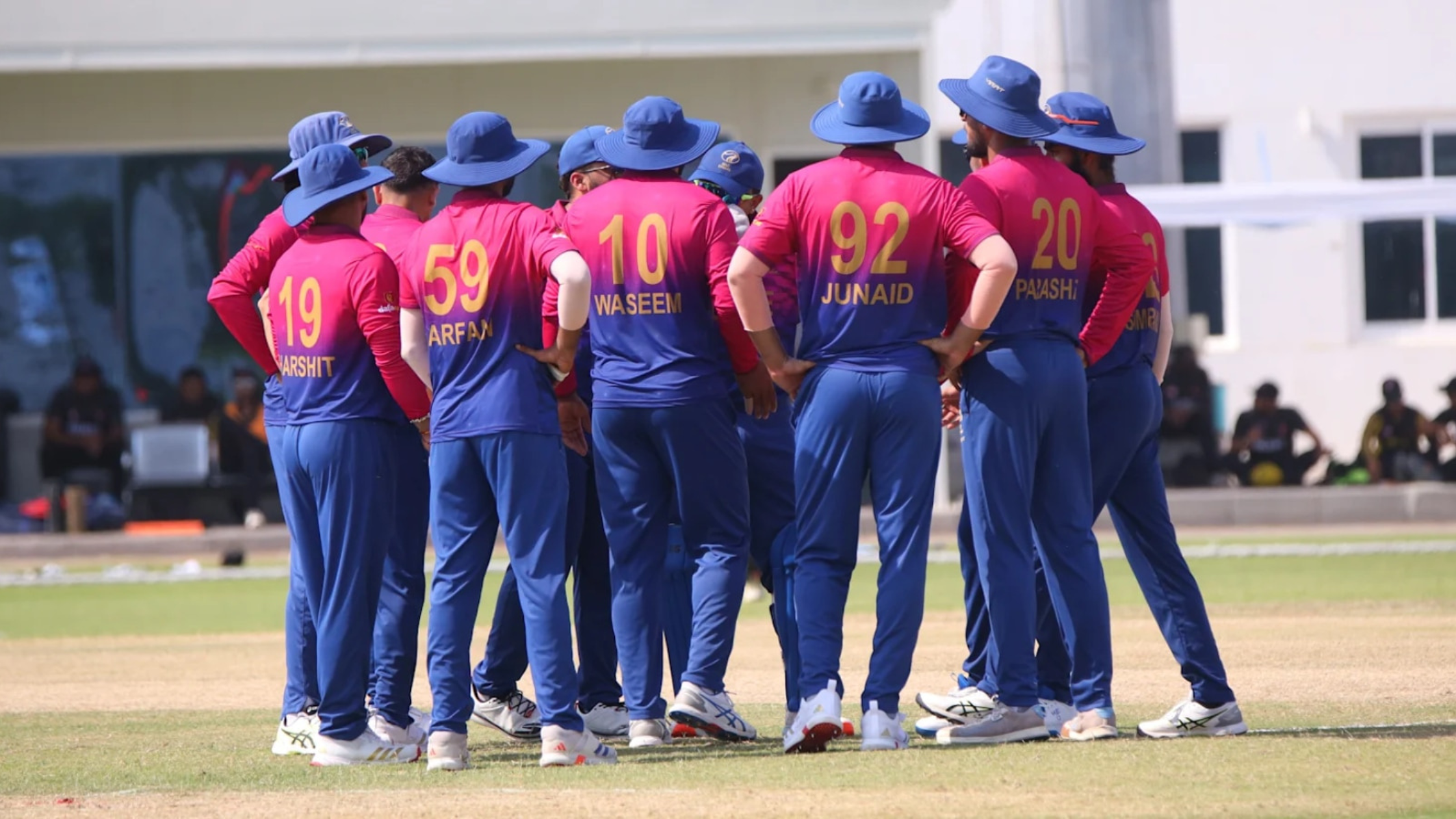On May 7, 2025, the Indian Armed Forces launched Operation Sindoor, a series of precision strikes targeting nine terror infrastructure sites in Pakistan and Pakistan-occupied Kashmir (PoK). This military operation was a direct response to the brutal attack on unarmed civilians in Pahalgam, Jammu and Kashmir, that occurred on April 22, 2025. The attack, which resulted in the deaths of 26 people, shook the nation, leaving both citizens and authorities searching for justice. With the launch of Operation Sindoor, India made it clear that terrorism would not go unpunished, and those responsible for the heinous act would be held accountable.
The Pahalgam Attack: A Heartless Assault on Innocent Civilians
The attack in Pahalgam, located in the scenic Baisaran Valley of Jammu and Kashmir, took place on the evening of April 22, 2025. It was carried out by terrorists, believed to have come from across the border in Pakistan. Around 5:30 pm to 6:00 pm, the terrorists opened fire on a group of unarmed civilians, mostly tourists who were visiting the valley. The attack targeted 26 individuals: 25 Indian citizens and 1 Nepali national. The assailants went so far as to identify and segregate their victims before gunning them down indiscriminately. This ruthless act left the entire nation horrified and prompted an urgent call for justice.
The attack in Pahalgam wasn’t just an assault on individuals; it was an attack on the peace and harmony that the region had long been striving for. The targeted civilians were enjoying a peaceful vacation, completely unaware of the impending danger. The terrorists, armed and trained to kill, showed no mercy. They executed the attack with cold precision, leaving the victims no chance of escape.
The Launch of Operation Sindoor
In the wake of the attack, India’s leadership, including Prime Minister Narendra Modi, emphasized that the perpetrators of this brutal act would be held accountable. On May 7, 2025, Operation Sindoor was launched by the Indian Armed Forces. The operation was carefully planned and executed to target terror infrastructure in Pakistan and PoK, including terror camps, launchpads, and other facilities used to plan and launch attacks against India.
At 1:51 am on the day of the strikes, the Indian Army’s official social media account posted a tweet declaring, “Justice is served. Jai Hind!” This tweet followed reports of explosions being heard in several parts of Pakistan, including Muzaffarabad and Bahawalpur, both of which are significant locations in Pakistan’s Punjab province.
The official announcement of Operation Sindoor was made shortly after in a press release issued by the Press Information Bureau (PIB). The release stated that India had successfully targeted nine sites that were directly linked to planning and executing terrorist attacks against India. These sites were described as terror infrastructure, and the strikes were aimed at dismantling the capabilities of these groups. The Ministry of Defence also emphasized that no military facilities of Pakistan were targeted during the operation, reinforcing India’s stance on exercising restraint and avoiding further escalation of military conflict.
The Objectives of Operation Sindoor
The primary objective of Operation Sindoor was to target and neutralize the terror infrastructure responsible for planning and executing attacks against India. The Indian Armed Forces were clear in their approach: this was not an operation targeting civilian areas or military installations, but rather, it focused solely on terrorist camps and launchpads.
In its official statement, the Defence Ministry made it clear that the operation was a “focused, measured, and non-escalatory response” to the tragic incident in Pahalgam. The operation was carried out with careful precision, using intelligence gathered over time to select the most strategic targets. The Indian government reiterated that the operation was intended to serve as a message: terrorism will not be tolerated, and those responsible for such acts will face consequences.
The strikes were designed not only to eliminate terrorist infrastructure but also to send a strong message that India would not back down in its fight against terrorism. India has long been a target of cross-border terrorism, and the government’s decision to take military action underscored the country’s resolve to defend its citizens from such threats.
The Measured Response to Escalation Concerns
While the strikes were significant, the Indian Ministry of Defence took a careful and measured approach to the entire operation. One of the key elements highlighted in the official statements was the non-escalatory nature of the operation. The Defence Ministry ensured that the strikes did not target military facilities of Pakistan, avoiding an escalation into a broader military conflict between the two nations.
India has long prioritized restraint when responding to such attacks, understanding the risks involved in escalating tensions. Operation Sindoor, while firm in its objective, was carried out in such a way as to avoid greater conflict. The timing of the operation was also crucial. The strikes were conducted at night, which helped reduce the risk to civilians and minimized the chance of a larger confrontation between Indian and Pakistani military forces.
The goal was not to provoke war, but rather to deal with the threat of terrorism swiftly and effectively, while maintaining international diplomatic norms. The strikes were carefully calculated to neutralize the immediate danger posed by terrorist groups operating in the region, ensuring that their ability to plan future attacks was severely hindered.
International Reaction and India’s Stance
The reaction from the international community to Operation Sindoor was mixed. Many countries, particularly those in the West, expressed understanding for India’s right to defend itself against terrorism. Several countries acknowledged that India had the right to protect its citizens and maintain security. However, there were also calls for restraint and caution, with concerns that the operation could lead to further escalation in the already volatile region.
India, however, remained firm in its position. The Indian Ministry of External Affairs reiterated that Operation Sindoor was a targeted response to terrorism, and that India would continue to take steps to ensure the safety and security of its people. The government also stressed that it had acted within the framework of international law, emphasizing that the operation was a proportional response to the attack in Pahalgam and was not meant to escalate the situation with Pakistan.
India’s leadership also called for increased international cooperation in the fight against terrorism. While acknowledging the complexity of the issue, the Indian government expressed a desire for stronger global action against cross-border terrorism, particularly in regions like Jammu and Kashmir, which has long been a hotbed of conflict.
The Legacy of the Pahalgam Attack
The Pahalgam attack remains a dark chapter in India’s ongoing battle against terrorism. The brutal killing of innocent civilians, most of whom were tourists, highlighted the savagery of the terrorist groups operating in the region. But it also reinforced India’s commitment to justice and its determination to defend its citizens.
While the loss of life can never be undone, the launch of Operation Sindoor served as a reminder to the world that India will not tolerate terrorism. By targeting the infrastructure that supports these terrorist groups, India hopes to prevent future attacks and send a strong message to those responsible for the violence in Jammu and Kashmir.
India’s Resolve Against Terrorism
Operation Sindoor was a clear and decisive response to the senseless attack on innocent civilians in Pahalgam. While India sought to deliver justice for the victims, it also showed the world that it would take whatever steps necessary to protect its people from the constant threat of terrorism.
Through the operation, India reaffirmed its commitment to combating terrorism in all forms, showing that it will not shy away from holding those responsible for terrorist activities accountable. The strike was carefully calibrated to avoid escalation, ensuring that India’s actions would not lead to an all-out military confrontation, but instead, would serve as a focused, measured response to terrorism.
The international community now faces the ongoing challenge of ensuring that such attacks do not become routine, and that global cooperation against terrorism strengthens moving forward. India’s resolve remains unbroken, and the operation has sent a strong signal: terrorism will not be allowed to prosper.









1 Comment
[…] Operation Sindoor was launched in retaliation to the Pahalgam terror attack and became a major moment for the Indian defence establishment to validate its homegrown systems. Conducted on 7 May 2025, the operation involved the coordinated use of indigenously produced drones, targeting systems, and missiles to respond to aerial threats originating across the border. The deployment of BrahMos supersonic cruise missiles, Akash air defence systems, and D4 anti-drone technology effectively neutralised wave after wave of aerial strikes, demonstrating the high level of readiness and effectiveness of Indian-made defence systems. […]
Comments are closed.